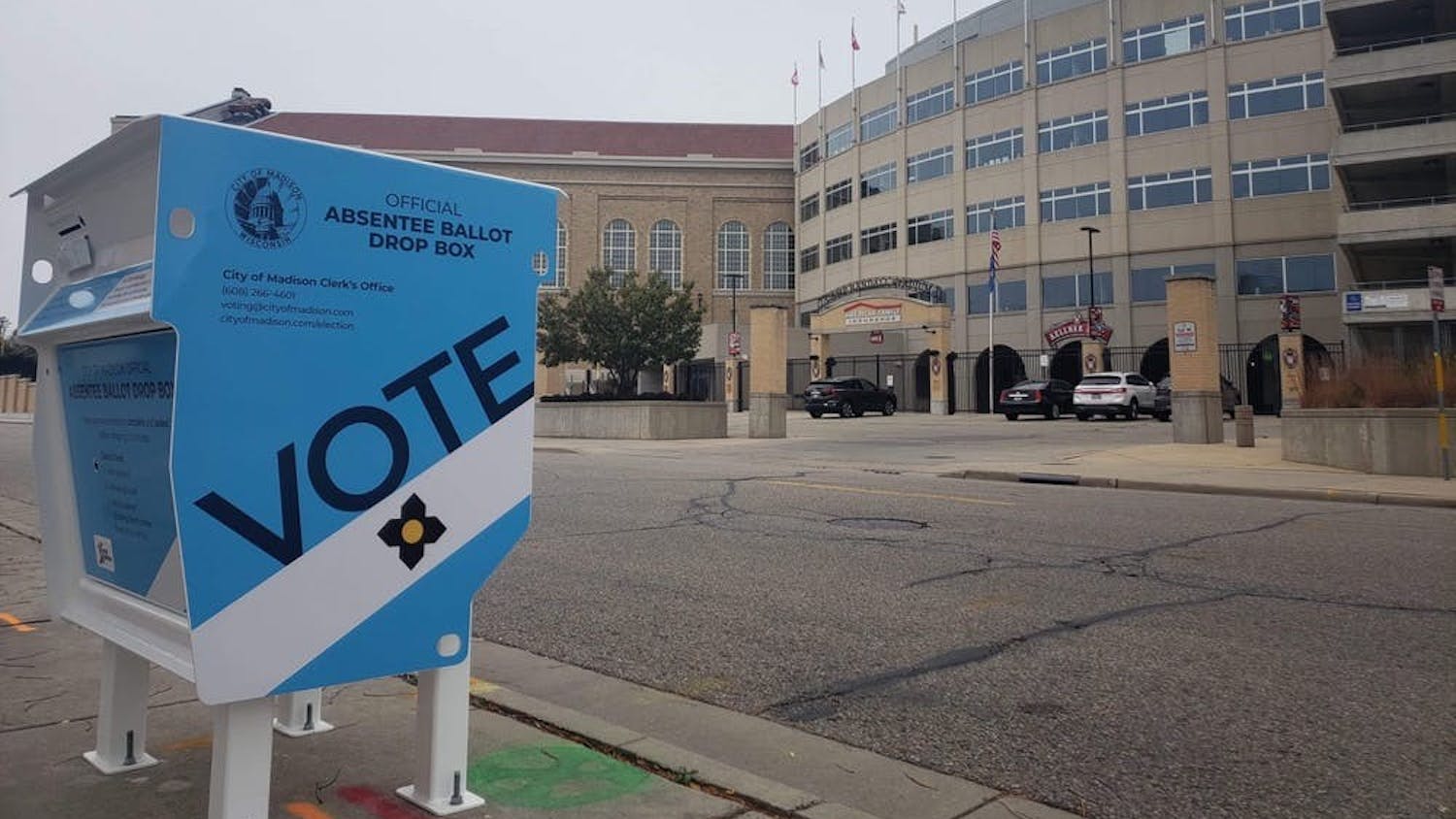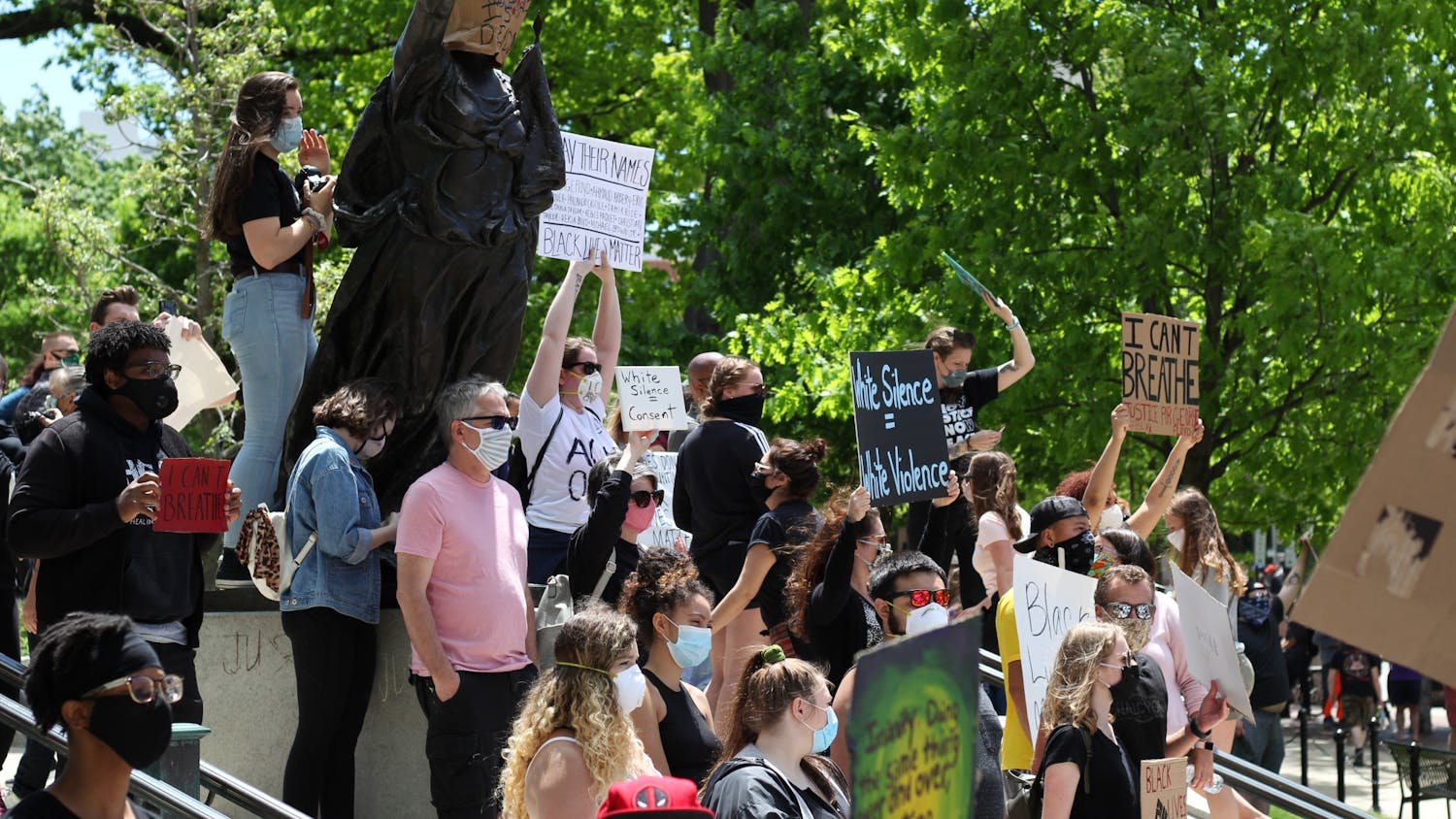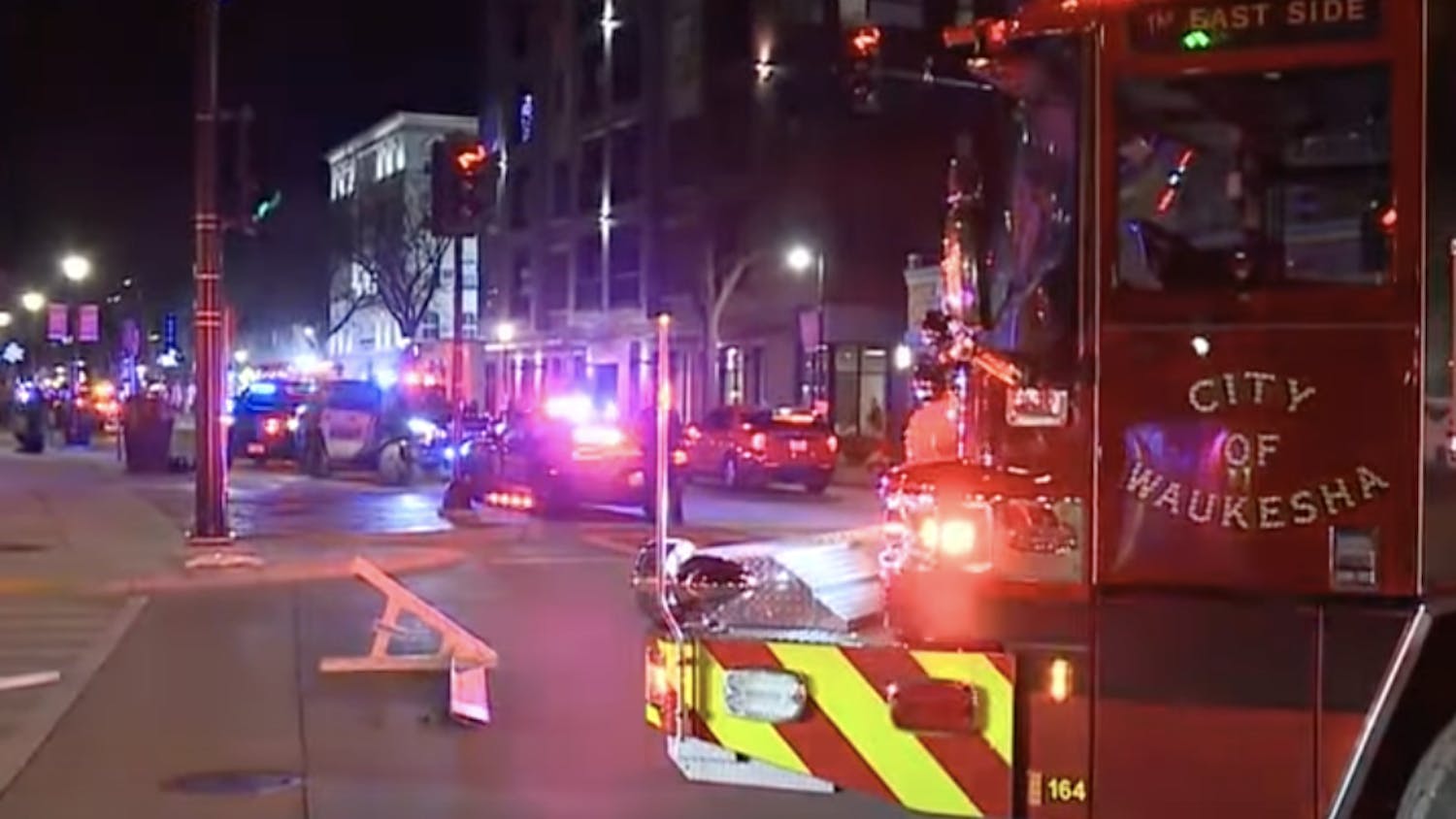Following Gov. Tony Evers' order Tuesday to close all nonessential businesses and gathering places in an attempt to slow the spread of the novel coronavirus, state health officials warned that more than 20,000 Wisconsinites could contract COVID-19 if the edict is not followed.
It could also lead to more than 1,000 deaths by April 8, the Milwaukee Journal Sentinel reported.
"We need folks to take the Safer At Home order I signed today seriously, folks," Evers said. "We need to have folks limit their interactions to the same people — not different small groups."
Department of Health Services Secretary Andrea Palm said Wisconsin residents should limit their interactions to five people total — not to five people in each interaction.
Last Tuesday, Public Health Madison and Dane County announced community spread of the virus in the county — meaning there is no known source of the disease, such as recent contact with an infected person or travel from an area with a high number of cases. Since then, the total number of confirmed cases in the county has increased by 55, making for a total of 72.
There are currently 457 cases of the novel coronavirus in Wisconsin.
The Safer at Home order will go into effect 8 a.m. Wednesday, making Wisconsin the 17th state in the nation to enact such restrictions.
Businesses that are considered essential include:
- Grocery stores, bakeries, liquor stores and convenience stores
- Pharmacies and eye care centers
- Gas stations
- Veterinarians, animal shelters and pet supply stores
- Businesses that provide food and beverage manufacturing, processing and distribution
- Banks and insurance offices
- Hardware stores, laundromats and trade stores like carpenters, electricians and plumbers
- Post offices and other mailing and shipping services
- Businesses that sell office supplies and IT equipment
- Transportation services like Uber and Lyft, taxi cab companies and public buses
- Hotels and motels, if they close swimming pools, hot tubs and gyms
Police officers, firefighters, EMS workers, building inspectors, court personnel, jurors and child welfare workers will also continue working.






